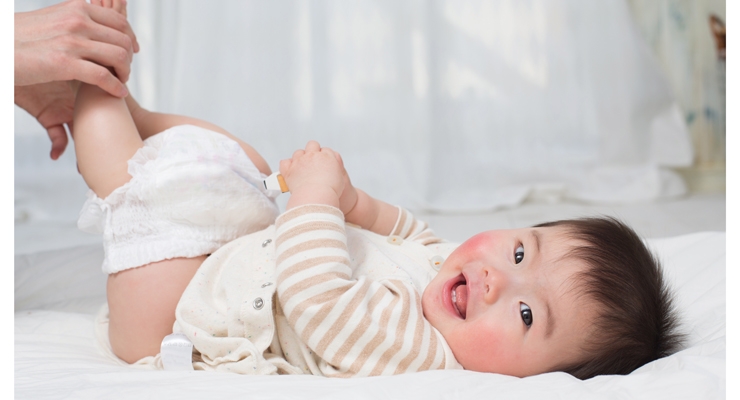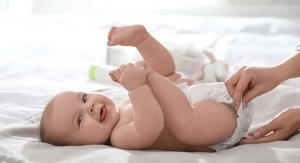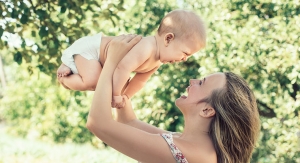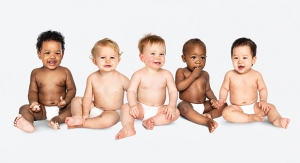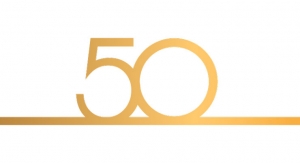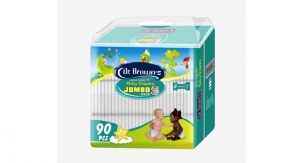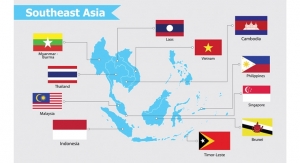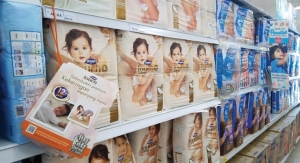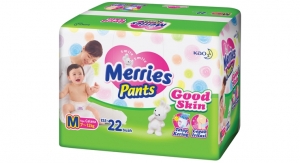Kin Ohmura, Osaka Chemcial06.05.19
The largest market for nonwovens, baby diapers, largely influences production levels for nonwovens around the world. In Japan, exports for baby diapers has increased significantly, 4.5 times from 68,500 tons in 2010 to 298,200 tons in 2017, but then declined 8.9% to 271,600 tons in 2018.
The majority of these diapers, about 70% of them, are being shipped to China and export levels to this country has largely influenced both diaper production levels and nonwovens investment in Japan. In 2018, exports of diapers led to the lower overall export levels of exports in Japan when they decreased 14.2% to reach 188,400 tons. Meanwhile, domestic production levels of baby diapers that are tape style decreased 20.6% to 7.523 million pieces. Furthermore, the production quantity of the PP spunbond nonwoven fabric was 44,476 tons, decreasing 14.5% compared to the previous year.
Exports of diapers to China decreased because the Chinese government strengthened regulations for social buyers—Japanese residents who purchase domestic goods and resell them to Chinese customers online—in 2019. Most of the diapers that are exported from Japan into China were sold by social buyers until September 2018 when new laws were enforced, greatly decreasing exports.
One of the Japanese diaper makers most affected by these new regulations was Kao Corporation, manufacturer of Merries diapers, which are made in Japan and sold in China. Merries were one of the most popular baby diaper types in China until regulations began controlling social buyers of Merries. Even though sales of Merries through social buyers were lower and had brought down pricing in general, it is believed that these regulations contributed to a 9% sales of Kao diapers between April and December 2018.
While Kao makes diapers both in China and Indonesia, the Chinese consumer has largely favored those made in Japan, largely owing to distrust among Chinese consumers of locally made products. The Merries diaper brand was among the most successful in the Chinese diaper market because Kao was one of the earliest companies to recognize China’s thirst for premium diapers, and executives realized this trend by looking at social buyers and tourist activity in Japan. In 2018, Kao launched Merries in the Indian market.
The majority of these diapers, about 70% of them, are being shipped to China and export levels to this country has largely influenced both diaper production levels and nonwovens investment in Japan. In 2018, exports of diapers led to the lower overall export levels of exports in Japan when they decreased 14.2% to reach 188,400 tons. Meanwhile, domestic production levels of baby diapers that are tape style decreased 20.6% to 7.523 million pieces. Furthermore, the production quantity of the PP spunbond nonwoven fabric was 44,476 tons, decreasing 14.5% compared to the previous year.
Exports of diapers to China decreased because the Chinese government strengthened regulations for social buyers—Japanese residents who purchase domestic goods and resell them to Chinese customers online—in 2019. Most of the diapers that are exported from Japan into China were sold by social buyers until September 2018 when new laws were enforced, greatly decreasing exports.
One of the Japanese diaper makers most affected by these new regulations was Kao Corporation, manufacturer of Merries diapers, which are made in Japan and sold in China. Merries were one of the most popular baby diaper types in China until regulations began controlling social buyers of Merries. Even though sales of Merries through social buyers were lower and had brought down pricing in general, it is believed that these regulations contributed to a 9% sales of Kao diapers between April and December 2018.
While Kao makes diapers both in China and Indonesia, the Chinese consumer has largely favored those made in Japan, largely owing to distrust among Chinese consumers of locally made products. The Merries diaper brand was among the most successful in the Chinese diaper market because Kao was one of the earliest companies to recognize China’s thirst for premium diapers, and executives realized this trend by looking at social buyers and tourist activity in Japan. In 2018, Kao launched Merries in the Indian market.

